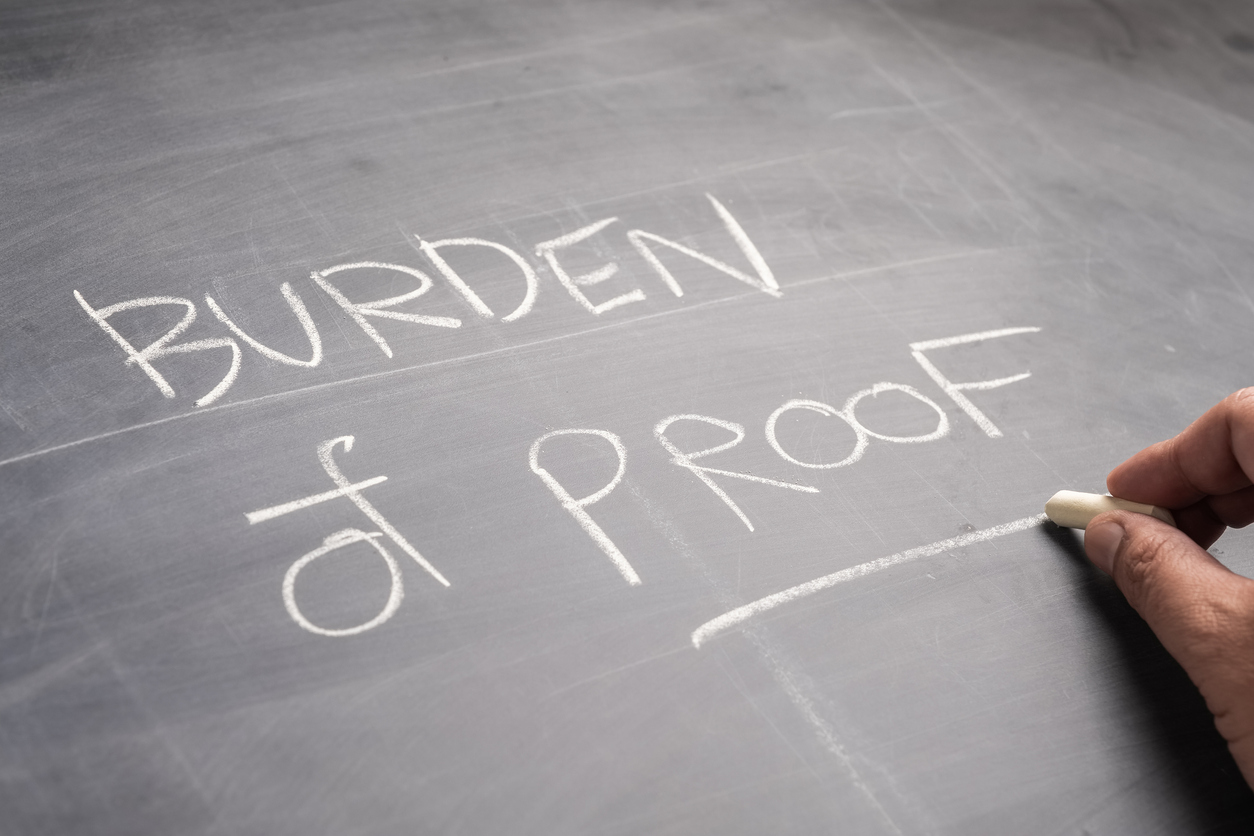Every state has some general rules to follow when interpreting insurance contracts. While New York is often thought of as a state whose laws favor insurance companies, there are very good examples of New York following most of the standard insurance contract laws of interpretation.
These rules include the following:
- The burden on the insured with respect to demonstrating a fortuitous loss under an “all-risks” policy is relatively light.1
- All-risk coverage covers all losses which are fortuitous no matter what caused the loss, including the insured’s negligence, unless the insurer expressly advises otherwise. A loss is fortuitous unless it results from an inherent defect, ordinary wear and tear, or intentional misconduct of the insured.2
- The Insured] thus needs only to show a fortuitous loss; it need not explain the precise cause of the loss.3
- In order to recover under an all risk policy, the burden of proof is on the insured to prove a fortuitous loss of the covered property. The insured, however, need not prove the cause of the loss.4
- Insurance contracts must be interpreted according to common speech and consistent with the reasonable expectation of the average insured.5
- Before an insurance company is permitted to avoid policy coverage, it must satisfy the burden which it bears of establishing that the exclusions or exemptions apply in the particular case, and that they are subject to no other reasonable interpretation.6
- Ambiguities in an insurance policy are to be construed against the insurer.7
- Exclusions must be specific and cannot be extended by interpretation or implication.8
- Where there is a repugnancy between general and specific provisions, the special provisions control over the general ones. Likewise, where an insurance policy contains conflicting clauses, the one which affords greater or more inclusive coverage will govern.9
These general rules should help in most cases. Then, you must RTFP—Read The Full Policy. After reading the full policy, you should research the exact language.
Thought For The Day
I was in New York on September 11 when those planes hit the World Trade Center. At the time, it seemed like it was a local thing. But three or four days later, by the time we drove across the country in the bus, we realized it wasn’t a local thing. You could really feel the states become united. We became the United States of America.
—John Madden
_______________________________________
1 Int’l Multifoods Corp. v. Commercial Union Ins. Co., 309 F.3d 76, 83 (2d Cir. 2002).
2 Id.
3 In re Balfour MacLaine Int’l Ltd., 85 F.3d 68, 77–78 (2d Cir. 1996).
4 Int’l Multifoods Corp., 309 F.3d 76, 84 (2d Cir. 2002).
5 Dean v. Tower Ins. Co. of New York, 979 N.E.2d 1143 (N.Y. 2012) (Cragg v. Allstate Indem. Corp., 17 N.Y.3d 118, 122, 926 N.Y.S.2d 867, 950 N.E.2d 500 [2011]).
6 Seabord Sur. Co. v. Gillette Co., 476 N.E.2d 272, 275 (N.Y. 1984).
7 (Breed v. Insurance Co. of N. Am., 46 N.Y.2d 351, 353, 413 N.Y.S.2d 352, 385 N.E.2d 1280 [1978] ). Dean v Tower Ins. Com., 979 N.E.2d 1143 at 1145 (N.Y. 2012).
8 Westview Assocs. v. Guaranty Nat. Ins. Co., 740 N.E.2d 220, 222 (N.Y. 2000).
9 Bd. of Educ., Yonkers City Sch. Dist. v. CNA Ins. Co., 647 F. Supp. 1495, 1504 (S.D.N.Y. 1986).




